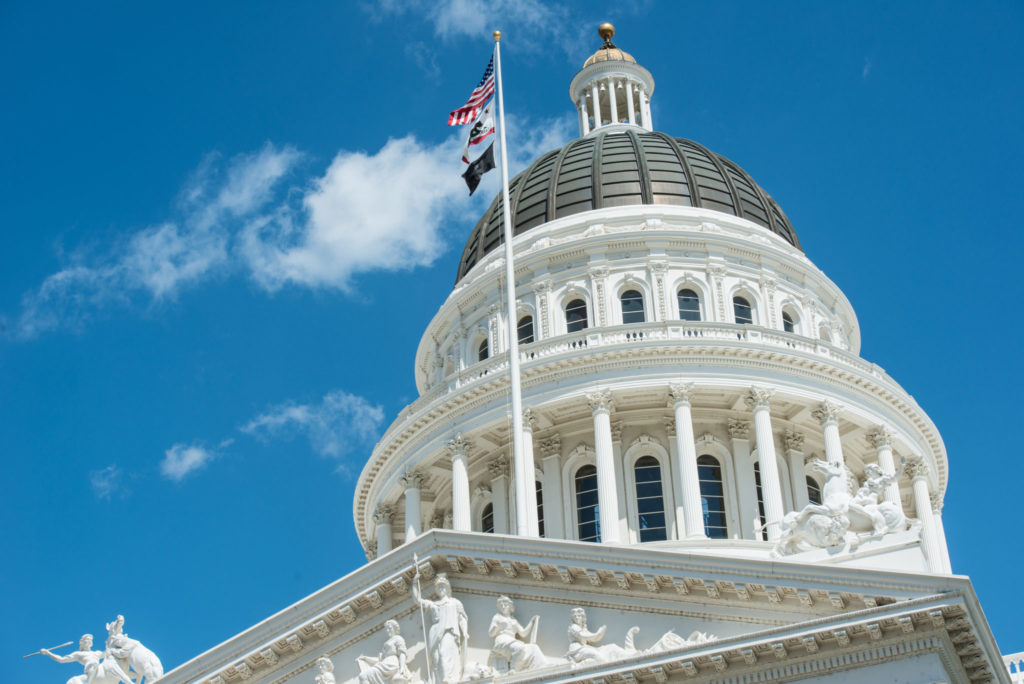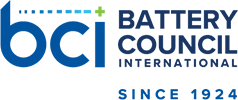
Lead batteries are a proven and reliable chemistry that have provided a safe, sustainable and low-cost solution to energy storage for vital industries including transportation, energy and communications for more than a century. Next week, the California Department of Toxic Substances Control (DTSC) will hold a public workshop to discuss lead batteries, their safety and recyclability, and whether there are products in the marketplace that represent a viable alternative.
Representatives from Battery Council International, lead battery manufacturers and recyclers, as well as leading automotive/vehicle trade associations, have been invited to help California regulators understand how advancements in lead batteries over the past decades have made them the leading battery storage system to power more than 1 billion vehicles worldwide. Of particular interest to the regulators should be lead batteries’ sustainability – at a recycling rate of more than 99 percent, the U.S. EPA has determined that lead batteries are the most recycled consumer product in the country – ahead of cardboard, aluminum cans and glass. In fact, the lead in lead batteries is infinitely recyclable, with each newly manufactured battery comprised of 80 percent recycled material from spent batteries.
DTSC, a regulatory agency within Cal EPA, manages the Safer Consumer Products Program (SCPP), sometimes referred to as “green chemistry.” SCPP is tasked to look at thousands of product/chemical combinations and determine whether they meet the criteria for formally proposing to consider them as a “Priority Product.” The Priority Product designation requires a regulatory review to determine whether the product presents a risk to consumers and should therefore be replaced with a “safer” alternative.
During the workshop, BCI will provide corrections to a background paper prepared by DTSC that contains outdated and incorrect information about lead batteries. We will also demonstrate that lead batteries do not meet the relevant Priority Product listing criteria and that it would be a misuse of state resources to proceed to listing, particularly since there is an absence of exposure to consumers. As an industry, we look forward to participating in the public workshop to share with DTSC the essential qualities of lead batteries and their many contributions to our everyday lives.
“Lead-acid Batteries and Alternatives” will be held Monday, November 6, 9 a.m. – 5 p.m., Pacific Time in Sacramento, Calif. It is open to the public to attend in person, or through an online webinar.
Also see:
- CA DTSC Public Workshop on Lead Batteries and Alternatives Presentations
- BCI Introduction to Lead Batteries, Nov. 6, DTSC Workshop
- Infographic: Lead Batteries are America’s Most Recycled Consumer Product
- Existing Assessments of Lead Batteries Compared to Alternatives Assessment Factors
- Understanding Blood Lead Levels


